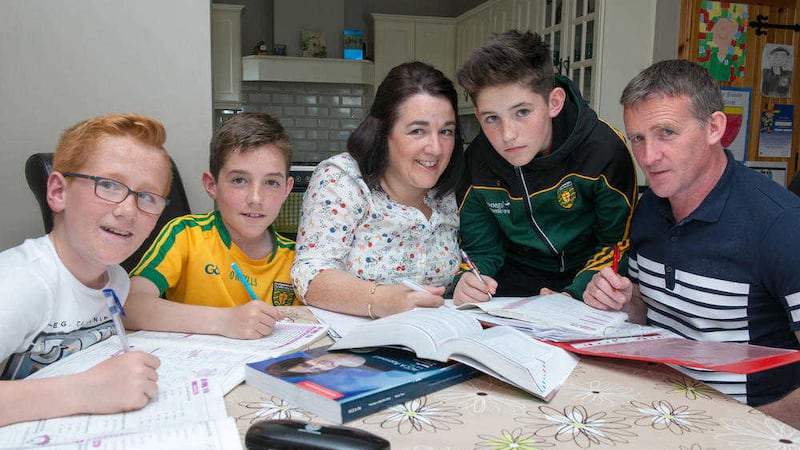IT ALL kicked off one morning at the end of January when Bunny Guinness, one of the regular ‘expert’ contributors to BBC Radio 4’s Gardeners’ Question Time sought to defend the use of peat as a horticultural growing medium.
There was plenty of justifiable outrage at her comments, uttered on Radio 4’s Today programme, on social media, with even Gardeners’ World presenter Monty Don alluding to the remarks without actually naming anybody – a practice I believe the kids call ‘subtweeting’. Others who waded in included Dave Goulson, author of The Garden Jungle, who said he was “horrified” by the six-time Gold Medal winner’s contribution.
“Ripping a huge carbon store from the ground, destroying rare habitat – all to grow some ornamental flowers. Madness,” he said.
It’s widely acknowledged that peat is great growing medium, which is why it’s been gardeners’ number one choice for decades. On its own, it contains little or no nutrition but holds moisture well without becoming muddy. Mix it with loam and sharp sand and you’re on your way to making your very own John Inness, the benchmark for compost.
Most of the compost for sale at garden centres – unless that labelled ‘peat free’ – contains mostly peat. But while peat-based composts are relatively cheap to buy, their use comes at a high environmental cost.
Stormont environment minister Edwin Poots underlined the significance and importance of the north’s peatland recently as he answered a written question posed by his DUP colleague Jim Wells, who is concerned about continued peat extraction for commercial purposes.
Peatland covers around approximately 12 per cent of Northern Ireland’s land area, the minister responded, but notably accounts for 53 per cent of the soil carbon pool.
“Peatlands represent an important carbon store and when in good condition, have the potential to absorb greenhouse gases from the atmosphere,” he added.
Mr Poots batted on responsibility for granting permission for large-scale peat extraction to the planning authorities, noting that his department is a statutory consultee and provides advice to the planners on applications. We can deduce from this that the minister has no immediate plans to end the practice of large-scale peat extraction, which is widespread right across the island.
In practice this means large tracts of Ireland will continue to be shaved off and shipped across the Irish Sea to feed millions of British gardeners’ peat habit.
This not only destroys biodiverse habitats, but peat extraction also robs us of an excellent resource for tackling climate change because, as Edwin Poots noted, peat bogs make great carbon stores.
Over the past decade in particular, the quality and consistency of peat alternatives has noticeably improved, though, like all composts, it can be hit and miss.
Peat-free composts tend to contain materials such as bark, coir (coconut fibre) and processed green waste yet while these components are no more expensive than peat, the end product is usually more costly.
Ideally, you should be making all your own sustainable growing medium with a mix of composted materials and leafmould, with added loam and sand to improve texture. Getting the right consistency and moisture retention, while maintaining a good pH balance, is difficult with homemade composts and creating a successful seed-sowing mix is definitely a challenge.
As well as opting for alternatives, one positive step we can all take is to let retailers know that we demand peat-free products.
SEND YOUR QUESTIONS
Bewildered your begonias don't flower or concerned because your carrots aren't straight? Fret no more because expert help is at hand.
The Casual Gardener has assembled a group of horticultural heroes who are more than happy to answer any questions readers of The Irish News may have about gardening.
Simply email your queries to j.manley@irishnews.com or post to John Manley, The Irish News, 113-117 Donegall Street, Belfast BT1 2GE marking them 'Gardening Questions'.
We'll be printing the answers to some of the best questions in the coming weeks.








